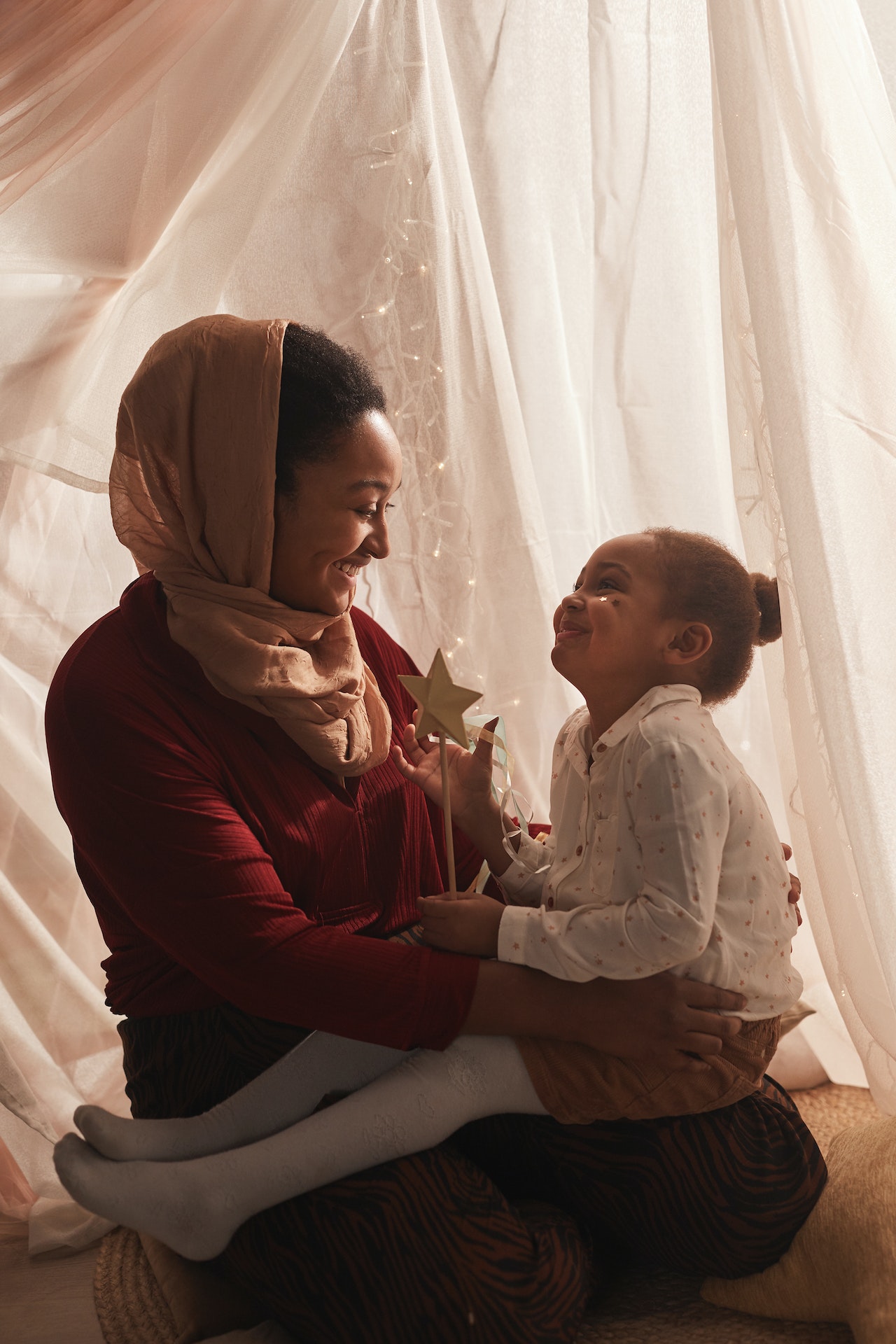
Children are very smart and can understand almost every situation. They quietly observe everything, storing every detail and moment in their minds. Some people assume that children are forgetful but they, like adults, choose to remember what they consider important. This is why it is always imperative to be careful of what we say and do in front of them. We underestimate their intelligence so much that we excuse everything under their innocence. However, it is an improper assumption because children as young as four years old can understand certain things done in their presence. For instance, if you hurt a little child, the child would most likely move or run away from you. You stretch out your hands at them again and they resist.
Which is why it is important to educate parents and guardians who think children don’t pay attention to what they do before them. Whereas, those tiny humans are always watching everything you do, and eventually mimick your mannerisms. Therefore, we must consider doing the right thing at all times because you never can tell when a child is watching.
Imagine these three scenarios:
“Tunde, would you stop talking when you have food in your mouth? You know it is bad manners to talk while eating,” you said to your excited child during the family dinner. Immediately after, you turned to your husband and asked how his day went and if anything interesting happened at work. A few minutes ago, you chastised Tunde, but you also spent the next ten to fifteen minutes discussing the day’s event with your husband. All the time Tunde is watching and observing it all.
There was a day you picked up Kemi from school and you drove home, tears filled her face. You asked her what happened and she narrated how Tola pulled her hair during break time and pushed her to the ground. You asked her if she retaliated or did nothing but she said no. You have always told her it is wrong to fight. As you revved on, you got into heavy traffic and then quite suddenly, a danfo hit your car. You got out and moved towards the danfo driver who appeared unrepentant. You grabbed his shirt and insisted he repaired your car. It took a lot of begging before you let go. When you got back into your car, Kemi said, “Mum, I thought you just told me it is bad to fight.”
You told Jade that it was not good to tell lies. You told her to always tell the truth no matter what the consequences. One, she took some chocolates from the tin and when asked about it, she said she didn’t take it. She would have gotten away with it because of how serious her face was but there was something that implicated her. It was the chocolate smeared on her cheeks. That night you told her how people who lied ended badly and how a child of God wasn’t meant to lie. You took away her iPad and her toys as punishment. A week later, Jade was staring as you counted some money you found in your husband’s pocket. You said, “I would use this money to go to the spa” All this while, you didn’t know Jade was staring until you turned.
These scenarios are just a few of the things that parents and guardians do and have an impact on the children. Children do not just learn by what you say, they mostly learn by what you do. This means no matter what they hear you say, if you are doing the opposite, they would most likely follow your actions. While parenthood and guardianship are not expected to be a hundred per cent perfect, we must be watchful of whatever we do in the presence of children.
***
Featured Image by Werner Pfennig for Pexels
The post Abisola Owokoniran: Are Your Children Mirroring Your Actions? appeared first on BellaNaija - Showcasing Africa to the world. Read today!.
from BellaNaija https://ift.tt/O9N1IzD
via IFTTT
